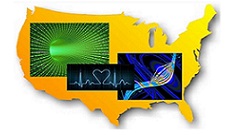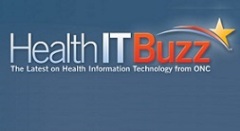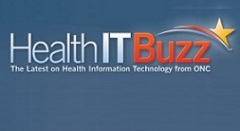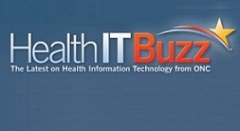APIs, Patient Empowerment, and Improving Health Outcomes
By Gajen Sunthara – For the past year, I have been honored to serve my country as a Presidential Innovation Fellow (PIF) with the ONC. As my PIF journey comes to an end, I wanted to provide a brief recap of my work and its potential for the future.
Read More





